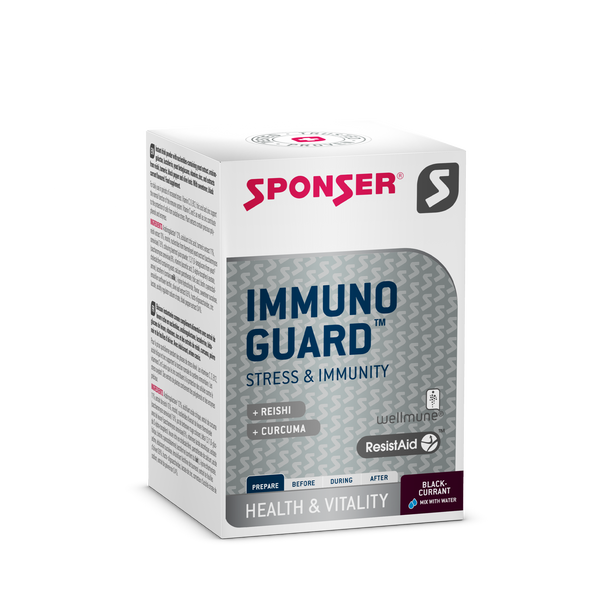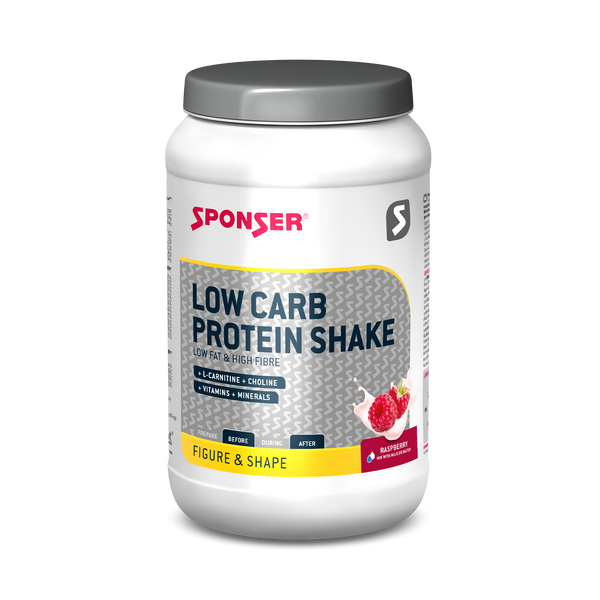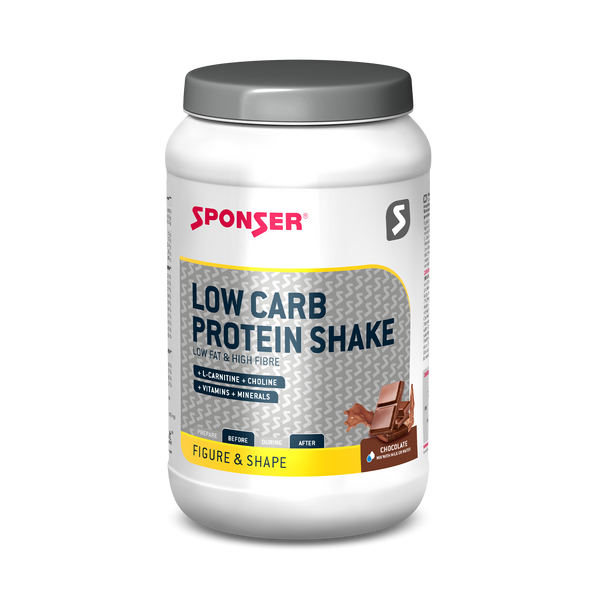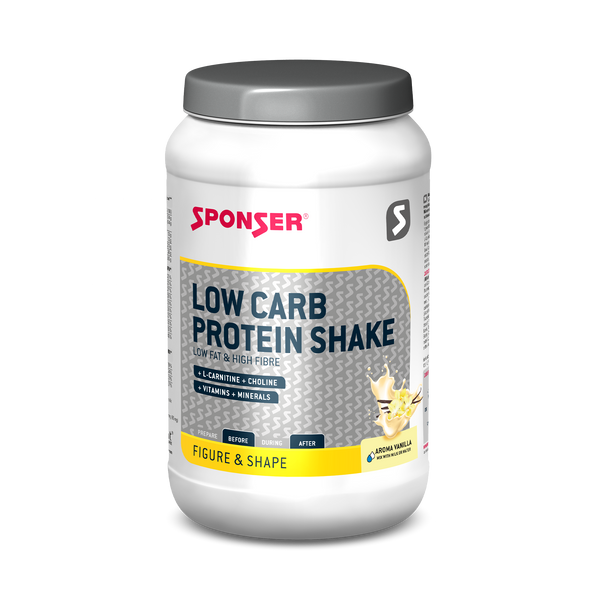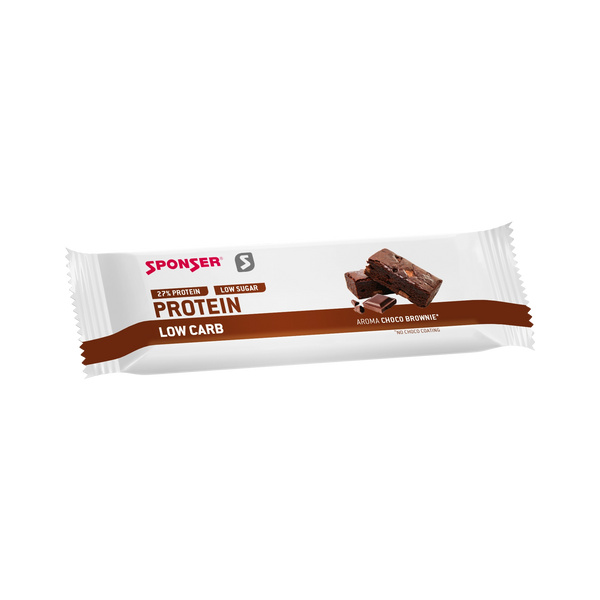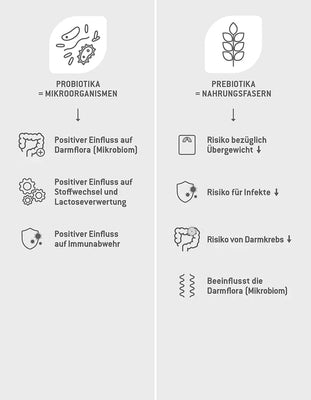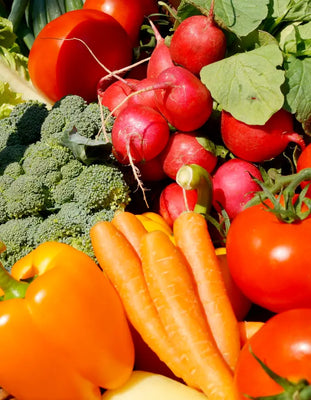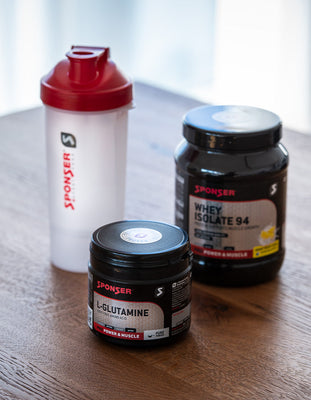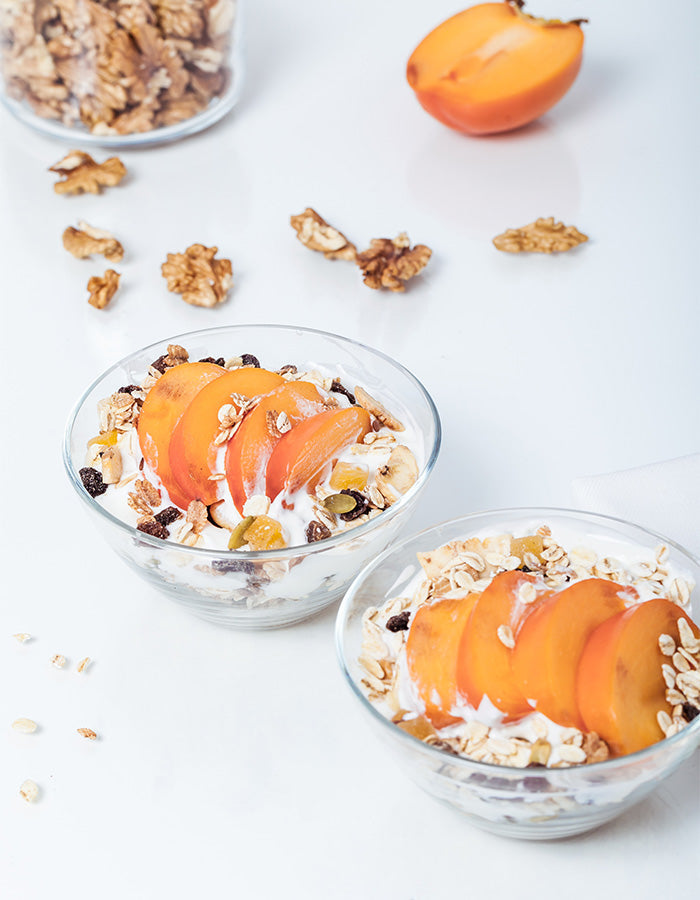
Prebiotics for health and well-being
Prebiotics are soluble dietary fibres that are used as nutrition substrate by various intestinal bacteria and metabolised into health-promoting short-chain fatty acids. Probiotics, on the other hand, are not fibres, but strains of bacteria that are beneficial for health, and which already occur naturally in our gut flora. Dietary intake serves to support the already existing intestinal flora. Pre- and probiotics therefore play an important role in a healthy intestinal flora and also form a line of defence against pathogenic germs. In contrast, insoluble dietary fibres such as cellulose are hardly fermented by the intestinal flora. They are also beneficial and needed mainly because of their water- and pollutant-binding capacity.
Prebiotic nutrition in everyday life
If you aim to support your intestinal flora in a natural way, consume a probiotic, fermented food every day, such as natural yoghurt without added sugar, cheese, prebiotic foods like raw vegetables or raw fruits, with its skin if possible. Sauerkraut is also rich in probiotic bacteria. On the other hand, it is important to consume refined carbohydrate sources such as sugar with moderation, as they can have an unfavourable effect on the composition of the intestinal flora.
Prebiotics from SPONSER
The
PROTEIN LOW CARB BARs as well as the
LOW CARB PROTEIN PORRIDGE from SPONSER® are rich in soluble dietary fibres and also provide high-quality protein. The
LOW CARB PROTEIN SHAKES are also enriched with prebiotics. Combined with a natural yoghurt, they make a healthy, tasty snack for athletes and contribute to general well-being.
MAGNESIUM PLUS and
IMMUNOGUARD also contain prebiotic fibres for improved mineral absorption.
Related articles
on
» health
on
» immune system
shop
» health & vitality
goal
» healthy lifestyle
Author: Yvonne Forster
dipl. eng. food sciences UAS
dipl. dietitian HS













